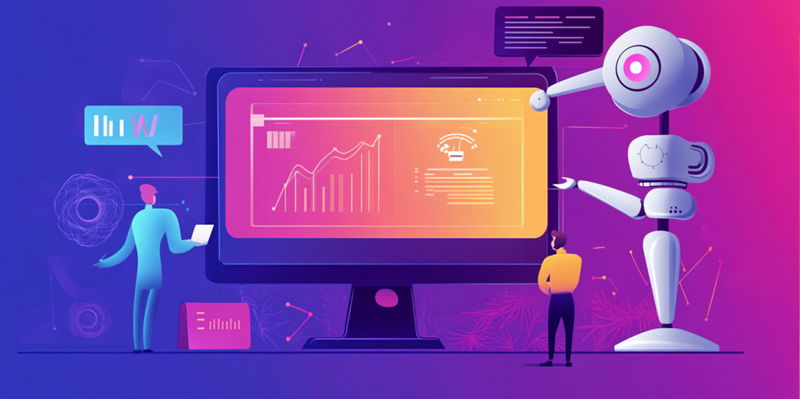Automation in marketing has come a long way over the past decade, transforming how brands engage with their audiences and make data-driven decisions. Performance marketing has benefited greatly from advancements in audience targeting algorithms and programmatic media buying, both of which have delivered considerable value to brands. Today, a new wave of automation, driven by generative artificial intelligence (AI), stands to further revolutionize the landscape by accelerating content production. Despite these technological leaps, Tiffany Holland argues that there is a pressing need to balance efficiency-driven processes with strategies that benefit consumers as much as they cater to media algorithms.
Advanced Consumer Insights for Campaign Briefs
One critical area where generative AI can make a significant impact is in providing advanced consumer insights for campaign briefs. Marketers often grapple with the challenge of converting disparate data points into cohesive and powerful campaign strategies. Leveraging AI tools to analyze both first-party and third-party data can produce valuable consumer insights quickly. Companies like Adobe and Salesforce are already venturing into this realm with predictive analytics tools, although these require extensive data integration and customization. Such tools can drastically streamline the process of gaining actionable insights, enabling marketers to create more effective and resonant campaigns.
Real-Time Creative-Led Media Modeling
Another domain where generative AI can shine is in real-time creative-led media modeling. Traditionally, the creative development process is bogged down by subjective stakeholder feedback, often causing delays and leading to suboptimal campaigns. AI-powered media simulations offer immediate feedback on creative concepts, allowing teams to refine their strategies effectively. For instance, customizable AI solutions from platforms like Canva are democratizing the ability for small businesses to achieve better creative validation. This technology reduces guesswork and ensures that creative efforts are more aligned with performance metrics and audience preferences.
Consumer View of Campaign Messaging
Over the past decade, automation in marketing has dramatically evolved, reshaping how brands connect with their audiences and utilize data-driven decision-making. Specifically, performance marketing has reaped substantial benefits from improvements in audience targeting algorithms and programmatic media buying, adding significant value to brands. Now, a new era of automation, spearheaded by generative artificial intelligence (AI), has the potential to transform the industry even further by speeding up content creation.
However, despite these technological advances, Tiffany Holland stresses the critical need to balance efficiency-focused processes with strategies that truly benefit consumers, not just media algorithms. This balance is essential to ensure that as brands grow more proficient with AI-driven tools, they don’t lose sight of consumer needs and preferences. Achieving this equilibrium will require marketers to implement thoughtful strategies that prioritize meaningful engagement over mere algorithmic success. Holland’s perspective underscores the necessity for responsible and consumer-centric approaches in the rapidly evolving landscape of marketing automation.

